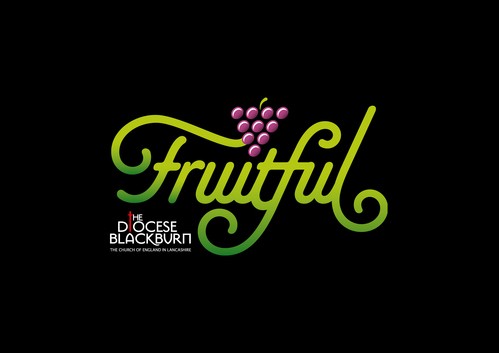Bread for the journey
Press the play button to watch the video above or press 'more' to read the transcript of the daily devotion below. Please read Exodus 16:1-20 (use your own Bible or use the link above to access the in-App Bible).
‘[The Lord said:] ‘I have heard the complaining of the Israelites; say to them, ‘At twilight you shall eat meat, and in the morning you shall have your fill of bread; then you shall know that I am the Lord your God.’’ Exodus 16:12
Anyone who has led a large group of people through unfamiliar territory, has surely heard complaints, often over trivial matters to the point of regretting taking the group there in the first place.
The complaining is loud and clear in this Exodus passage. Moses, Aaron, and God get an earful. As readers, it is tempting to treat the complaining as whiners, condemning the Israelites as faithless. No one likes listening to complaints. People in power often choose to ignore, dismiss or punish the person complaining, instead of hearing in complaints a call to act. However, we must acknowledge that a complaint does not always contain the best solution. In their complaining, the Israelites declare it would have been better to have died in Egypt than be facing hunger in the wilderness. In their complaint, Egypt sounds like the good life as they remember how they ‘sat by the fleshpots and ate [their] fill of bread’ (v.3). In their real fear for the future, the Israelites look back to Egypt as the way of life that sustained them instead of looking at God. They prove that they are short-sighted and easily forget that the Lord their liberator and provider is always with them. Therefore, Moses instructs Aaron to tell them: ‘Draw near to the LORD, for he has heard your complaining’ (v.9), because at its core, complaint is a turning to God—not away—trusting that God does not ignore, dismiss or punish those who call out in fear, anger, suffering or need. Regardless of their faithlessness and grumbling, the Lord provided bread for their sustenance. We all like to grumble especially when things are not going our way, when we are in the desert, and this verse give us the reassurance that the wilderness is not a God-forsaken place.
Therefore, when we experience wilderness in our lives, Jesus assures us that we should not worry about ‘‘What shall we eat?’ or ‘What shall we drink?’’ (Matt. 6:31-33). At all times we must remain focused on our relationship with God and trust God’s providence in every situation we find ourselves. The Apostle Paul also encourages us, in Philippians 4:6-7, not to be anxious about anything but to pray to God. God knows our needs and He will provide.
So, instead of grumbling why not pray like Jesus for God’s will to be done in your life at His own appointed time. The Lord who provided your bread yesterday is the same today and tomorrow. Therefore, do not let your wilderness experience blur your spiritual sight and faith. Be strong and turn to the Lord in this Lent season, with hope and assurance that the Lord is with you in your wilderness and will continue to provide your daily bread and all that you need to succeed to the glory of His Holy Name.
The Revd Jean Kouacou, Assistant Curate, St Paul’s Adlington
